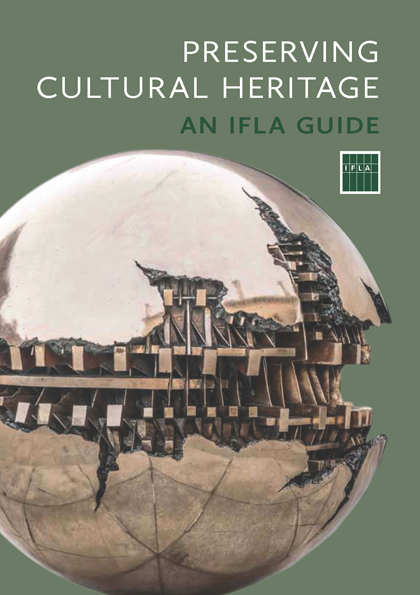Preserving, Protecting, Promoting: IFLA launches new guide to its Cultural Heritage work
23 August 2017

Libraries play a central role in recording and preserving the life of our communities. From conserving ancient manuscripts to web harvesting, they help guarantee that researchers and citizens tomorrow will be able to understand life today.
This mission is not easy. Effective preservation requires expertise, investment, and a commitment from public authorities. There are numerous risks and threats, from natural disasters to wars, and from physical degradation to technological change that can leave formats such as floppy disks unusable.
IFLA is committed to supporting its members do the best job possible, and in doing so, make a major contribution to safeguarding cultural heritage, a specific target set down established in the UN Sustainable Development Goals.
It works closely with UNESCO and partner organisations to make the case for effective preservation policies internationally for all forms of heritage. It manages the Risk Register, which holds information on unique library collections in order to help ensure their safety in times of disaster. And through dedicated committees and its network of Preservation and Conservation (PAC) centres, it builds contacts and skills around the world.
In order to highlight this work, both to members of the library community and beyond, IFLA has produced a new brochure. This highlights the key areas of IFLA’s work, why it is involved, and explains how to find out more. We encourage you to read and share it!